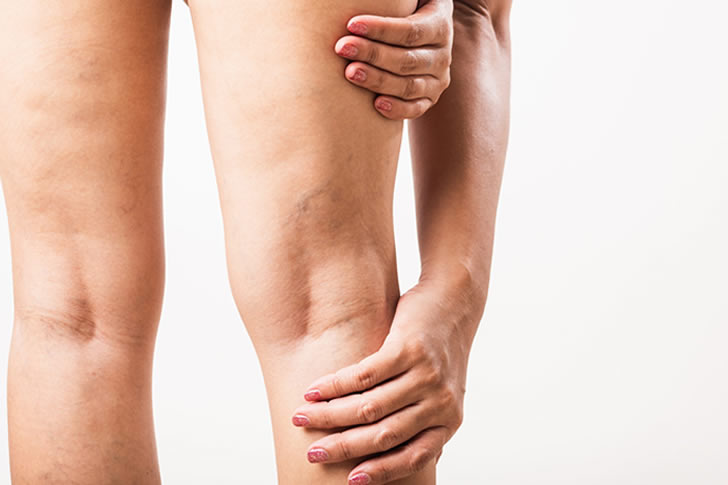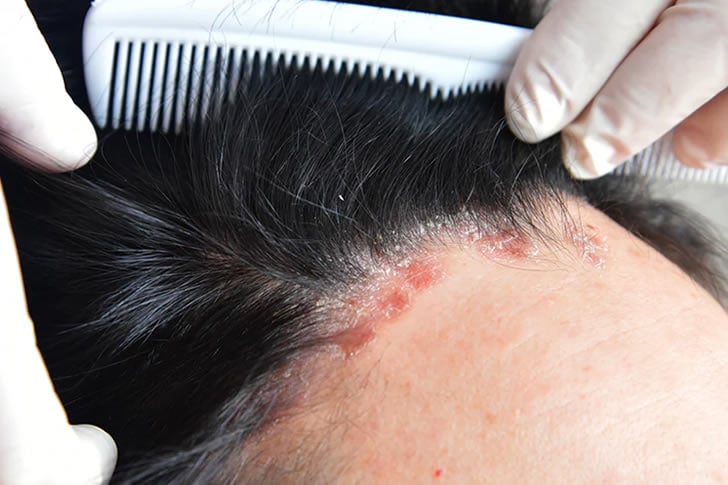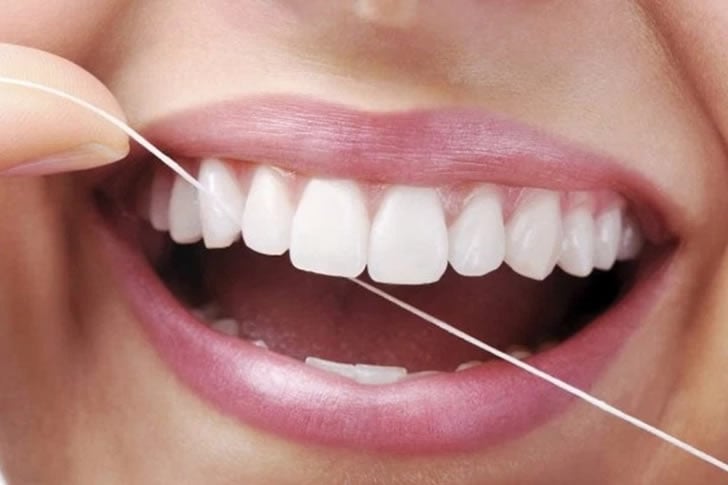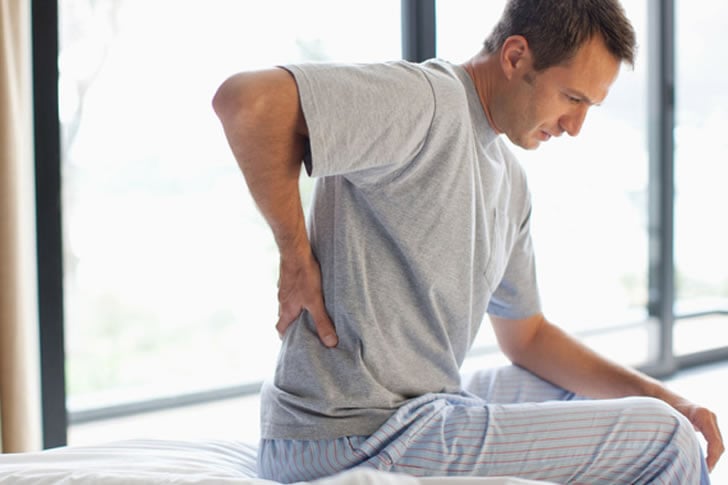Managing Varicose Veins: Treatment & Self-Care Strategies
Varicose veins can be unsightly and uncomfortable. This guide provides advice on treatment options and self-care strategies to help manage their symptoms effectively.

Understanding Varicose Veins
Varicose veins are enlarged, twisted veins that commonly appear on the legs and feet. They occur when the valves within the veins, which help regulate blood flow, become weak, causing blood to pool.
Causes and Risk Factors
Several factors can contribute to the development of varicose veins. These include:
- : Family history can increase your risks.
- : Veins lose elasticity with age.
- : Women are more prone due to hormonal changes.
- : Increases blood volume and hormone changes.
- : Extra weight adds pressure.
- : Limits blood flow.
Symptoms of Varicose Veins
Common symptoms include:
- Visible, bulging veins.
- Swelling in the legs and ankles.
- Aching or pain in the legs.
- Heavy or tired legs.
- Skin discoloration.
Treatment Options for Varicose Veins
Several medical interventions can be employed to treat varicose veins effectively.
1. Sclerotherapy
This involves injecting a solution directly into the affected veins, causing them to collapse and fade away. It's minimally invasive and typically effective for smaller veins.
2. Laser Treatments
Laser treatments use light energy to close off varicose veins. This method is less invasive than surgery and is often effective for spider veins and small varicose veins.
3. Endovenous Ablation Therapy
This treatment uses radiofrequency or laser to heat and close diseased veins through a small incision. It's minimally invasive and usually has a quick recovery time.
4. Vein Stripping and Ligation
In more severe cases, surgery to remove the vein may be necessary. This involves tying off and removing the affected veins through small incisions.
5. Foam Sclerotherapy
A foam solution is injected into larger varicose veins to close them off. It’s often used for veins that are too large for simple sclerotherapy.
Self-Care Strategies for Managing Varicose Veins
Adopting self-care strategies can alleviate symptoms and prevent the condition from worsening.
1. Exercise Regularly
Engage in activities like walking, swimming, or yoga, which can improve circulation. Exercise helps the veins move blood more efficiently, reducing pressure build-up.
2. Elevate Your Legs
Elevate your legs above heart level for 15-20 minutes several times a day. This helps reduce swelling and improves blood flow by allowing gravity to assist in circulation.
3. Wear Compression Stockings
Compression stockings provide gentle pressure to promote proper blood flow and prevent swelling. They are particularly useful if your job requires prolonged standing or sitting.
4. Maintain a Healthy Weight
Excess weight puts added pressure on your veins. A balanced diet and regular exercise can help you maintain a healthy weight and reduce the burden on your legs.
5. Avoid Prolonged Standing or Sitting
Move around regularly if your activity involves prolonged sitting or standing. Taking short walks or doing leg raises can keep the blood circulating well in your legs.
6. Dietary Adjustments
Incorporate foods rich in fiber to prevent constipation, which can place added pressure on veins. Additionally, foods high in vitamin C can improve vein health by keeping them strong and flexible.
When to Seek Medical Advice
Although self-care strategies can manage symptoms, professional evaluation is crucial if:
- The veins become increasingly painful.
- There’s significant swelling.
- Skin changes or ulcers develop.
- Symptoms do not improve with self-care measures.
Emotional and Psychological Impact
Dealing with varicose veins can also take a toll on your mental health. If you find yourself feeling self-conscious or anxious about your condition, consider speaking to a healthcare professional or therapist.
Conclusion
While varicose veins can be bothersome, effective treatments and self-care strategies can help manage symptoms and improve your quality of life. Consult with your healthcare provider for personalized advice tailored to your needs.
By combining professional treatments with proactive self-care, you can manage varicose veins effectively and lead a more comfortable life.









